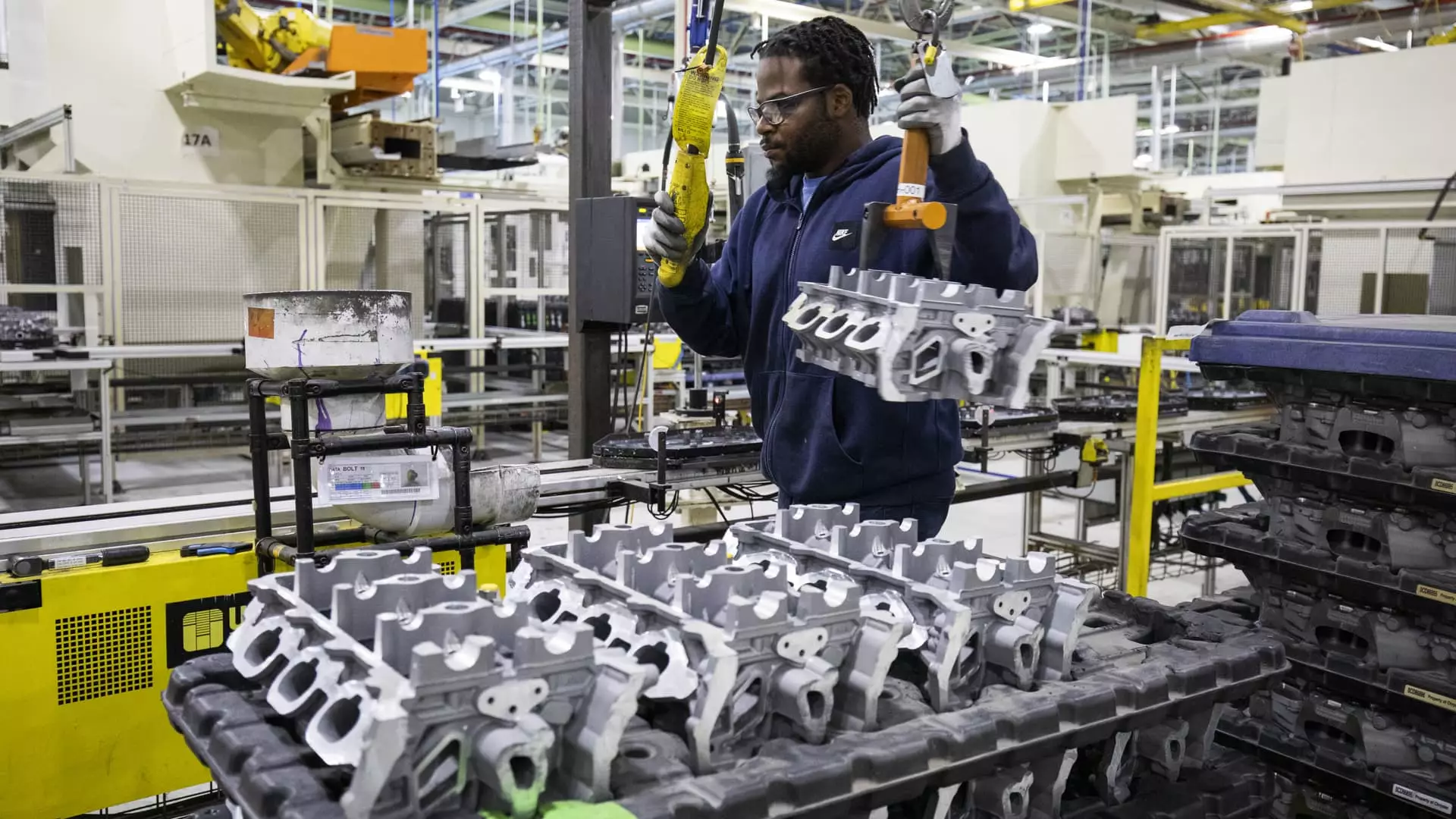In an uncommon show of solidarity, six major automotive policy organizations have stepped forward to lobby against the impending 25% tariffs on auto parts set to take effect on May 3. This collective response highlights the gravity of the situation; the potential economic upheaval is not merely a matter of financial loss but represents a real threat to the livelihoods of millions. Amidst rising nationalism and protectionist rhetoric, it’s heartening to see various factions of the industry recognize a mutual interest: the survival of their sector. Few could have foreseen this development—an alliance that typically would be fragmented, each group serving its own narrow interests, now unified in warning that these tariffs could lead to catastrophic consequences.
Distress Signals from Suppliers
The letter sent to key figures in the Trump administration, including U.S. Treasury Secretary Scott Bessent, outlines the dire state of many auto suppliers. The phrase “many are already in distress” resonates ominously in an industry that has been under significant stress from global supply chain challenges, especially during the pandemic. It’s almost ironic that manufacturers who form the backbone of the American automotive industry might crumble under the weight of tariffs meant to bolster domestic production. A broad-spectrum panic is palpable; suppliers fear that the closure of even one company due to tariffs could send shockwaves throughout the production lines of major automakers. They articulate a critical truth of interdependence: when one partner falters, the consequences ripple through, impacting workers and families across America.
The Fragility of American Manufacturing
In recent years, America’s automotive manufacturing has seen a precarious revival. Supporting 10 million jobs and contributing a staggering $1.2 trillion to the economy, the sector is undoubtedly a vital fabric of American employment. But this revival is built on a tenuous foundation, where tariffs could strip away the recent gains. It raises fundamental questions about economic policy and its implications for job security. Can the government genuinely claim to support American jobs while simultaneously instituting policies that jeopardize those livelihoods? The juxtaposition of supporting manufacturing while potentially crippling supply chains creates a paradox that the administration must reckon with.
Trump’s Mixed Signals
President Trump’s contradictory statements regarding the tariffs further complicate the issue. While he hints at a willingness to reconsider the tariffs—perhaps reflecting his awareness of the backlash—the administrative maneuverability remains unclear. The automotive industry’s anxiety regarding these tariffs is underscored by the President’s vague musings about “helping” automakers, which does little to assuage the fears rooted in economic uncertainty. The cherry on top is his admission that companies transitioning to parts made in the U.S. will require time to adapt. This begs the question: how is it possible that the government initiates policies requiring rapid implementation, only to acknowledge the impracticality of such haste?
The Bigger Picture: Cost Estimates and Market Implications
Tariffs do not exist in a vacuum; the auto industry is braced for fallout that extends beyond their walls into the broader economy. Analysts predict a loss of millions of vehicle sales, climbing new and used vehicle prices, and an unparalleled increase in costs estimated at over $100 billion. That’s a staggering sum—one that speaks not only to potential industry stagnation but also to higher prices for the average consumer. Additionally, this could spark a vicious cycle where lower sales result in reduced jobs, ultimately endangering spending power and economic stability.
Time and Supply Chains: A Recipe for Disaster
The letter sent to government officials begs a crucial point: the reshaping of global supply chains cannot happen overnight. Patience is not one of the commodities held by the automotive supply chain. Experts emphasize that the demand for a quick pivot is unrealistic and could lead to severe economic turmoil. In a world that demands agility, the automotive industry is facing the challenge of recalibrating under pressure.
With a looming deadline and economic complexities layered on top of each other, the situation calls for a balanced approach to international trade. While the ambitions for American manufacturing are laudable, the methods ought to align more thoughtfully with the realities of existing global interdependencies. Wouldn’t it be wiser for policymakers to prioritize the ecosystem of manufacturing rather than resorting to blunt instruments that risk destroying it?

